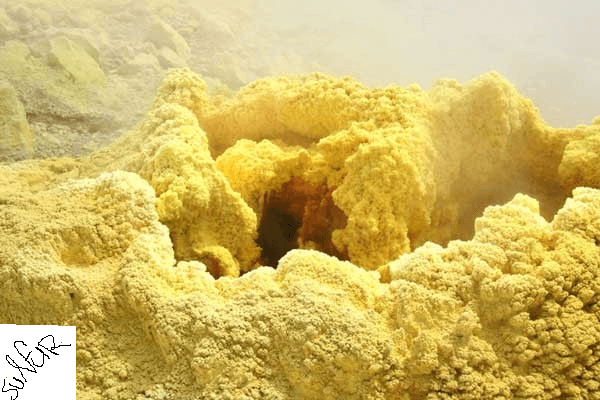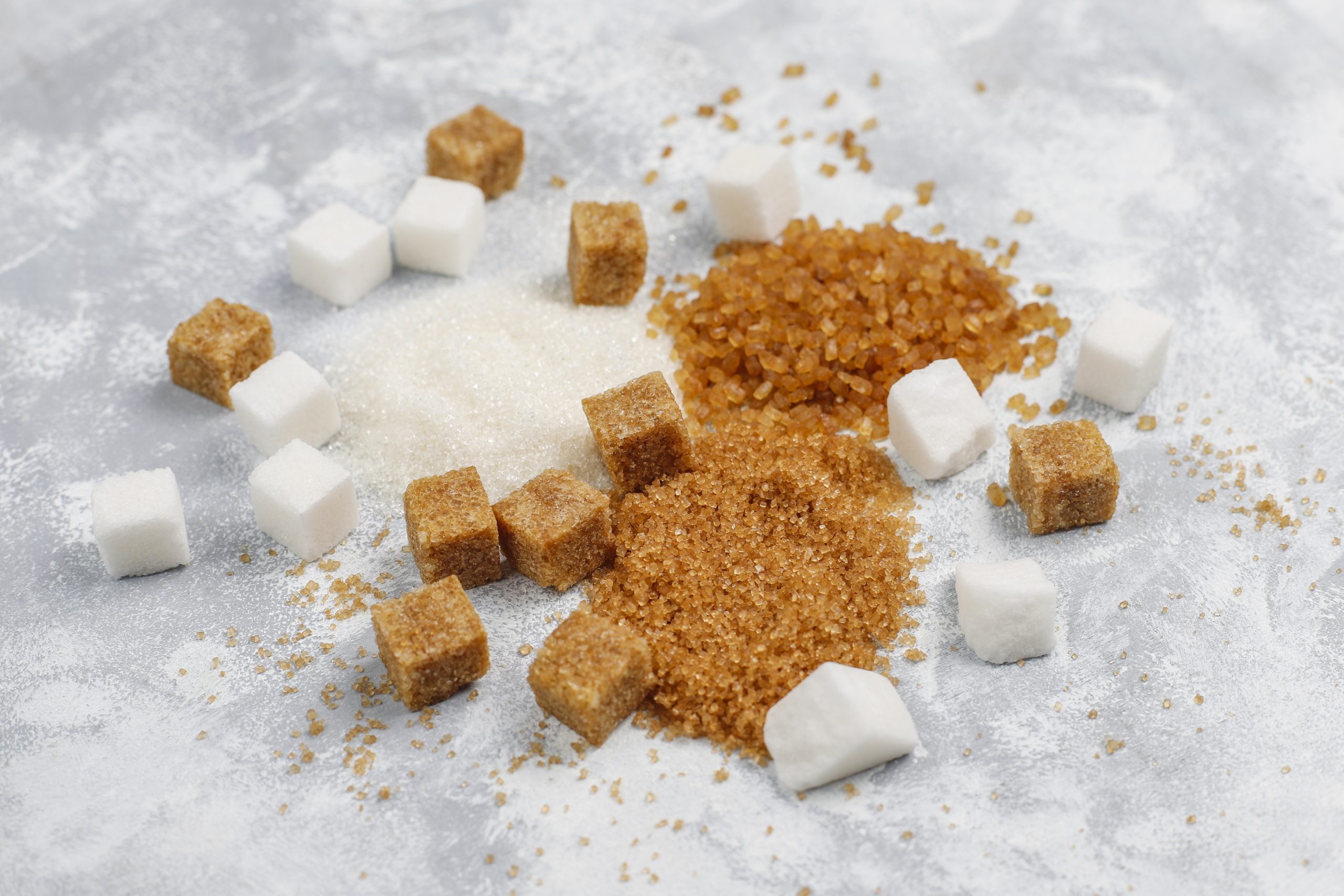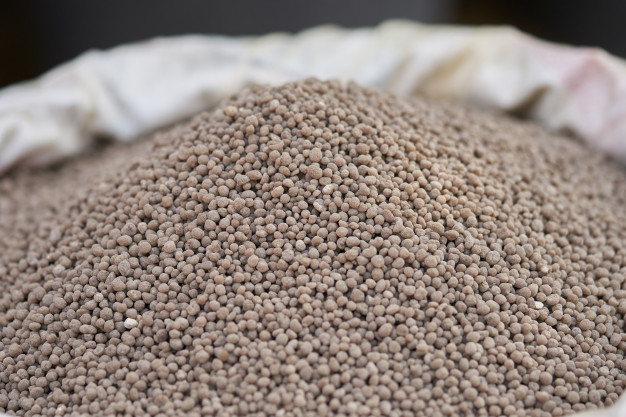Types of Sulfur
There are six types of Sulfur: Sulfur granules, Sulfur sticks, Sulfur tablets, Sulfur powder, spray Sulfur and ACP Sulfur.
Sulfur granules: this is suitable for use in Sulfur evaporators. Sulfur granules are Sulfur in granulated form. The advantage of this is that it is very easy to measure and dose. Furthermore, the grains have a large contact surface, which makes it very easy for the Sulfur evaporator to process it into fine particles.
Sulfur sticks: this is suitable for use in Sulfur evaporators. Sulfur pipes are pressed into a pipe (rod) shape. This is mainly used in Sulfur evaporators that hang high in greenhouses, because the sticks are easier to insert than grains (with grains, the risk of spills is also higher and thus, waste).
Sulfur tablets these can also be used in a Sulfur evaporator. One Sulfur tablet weighs 115 grams, which is the exact quantity required to fill the Sulfur evaporator in a safe and easy manner.
Sulfur powder: this is Sulfur in a fine powder form. It cannot be applied with a Sulfur evaporator.
Spray Sulfur this is Sulfur that is formulated to mix with water and then for spraying over the crop with a backpack sprayer or spray truck. The advantage of this application is that it leaves less residue on the crop.
ACS Sulfur: this is liquid Sulfur. It has approval as a leaf fertilizer. This product cannot be applied with a Sulfur evaporator either, but you spray it over the crop.
Sulfur is one of the most important agricultural and industrial raw materials and is considered a strategic product sulfur is an odourless, tasteless and polyvalent nonmetal which is mostly in the form of yellow crystals and is obtained from sulphide and sulphate. Sulphur occurs naturally in the environment and is the thirteenth most abundant element in the earth’s crust. It can be mined in its elemental form, although this method has declined over the last decade to less than 2% of world production. Today most elemental sulfur is obtained as a co-product recovered from oil and gas production in sweetening process
Sulfur is an abundant, multivalent non-metal. It is an essential element for all life, and is widely used in biochemical processes. In metabolic reactions, sulfur compounds serve as both fuels and respiratory materials for simple organisms. It is an important part of many enzymes and also in antioxidant molecules like glutathione and thioredoxin. Organically bonded sulfur is a component of all proteins, as the amino acids cysteine and methionine. Disulfide bonds are largely responsible for the mechanical strength and insolubility of the protein keratin, found in outer skin, hair, and feathers, and the element contributes to their pungent odor when burned. The element’s commercial uses are primarily in fertilizers, because of the relatively high requirement of plants for it, and in the manufacture of sulfuric acid, a primary industrial chemical. Other well-known uses for the element are in matches, insecticides and fungicides..
Lotus Business Group has a close relationship with private and government refineries In the field of supplying petrochemical products, and has the ability to supply the products needed by customers.



